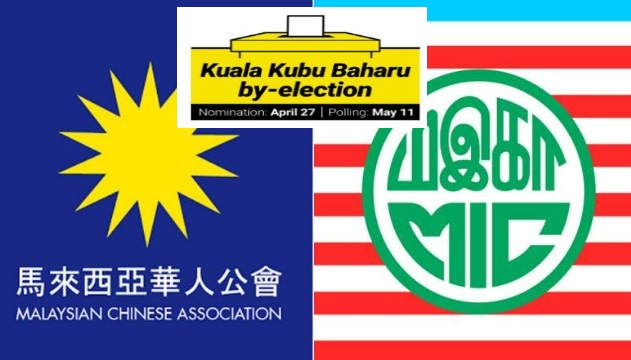IN 2020, the global cannabis market was estimated to be worth US$20.5 bil. By 2026, this number is expected to grow to US$90.4 bil.
The rapid growth of this industry can be largely attributed to the increased legalisation of cannabis across the globe, cannabis’ increased use for medical purposes, and shifting social attitudes towards acceptance.
Unsurprisingly, the US accounts for the largest market share within this growing market. Major states such as California, New York, Illinois and New Jersey have all taken steps to legalise the recreational use of marijuana. In Malaysia, however, the story is vastly different.
Cannabis remains an illegal drug under the Dangerous Drugs Act 1952. As such, the acts of using and selling the drug are illegal under current Malaysian law. Penalties can range from fines and prison time, to the death sentence.
However, a recent search of the Malaysian trademark database found over 25 marks filed or registered with cannabis and cannabidiol (CBD) ingredients listed, including pet food with CBD, coffees, teas and confectionery containing CBD, cannabis as pain relief medication, cannabis oils and purified cannabis concentrates, and edibles, topicals, vape products and drugs containing cannabis.
Some of the trademarks that have been applied for one or more cannabis-related products are:

So how – and why – are parties registering intellectual property rights in Malaysia for cannabis products?
The answer lies in the description of “intellectual property” itself. Intellectual property is a negative right. This means that when you own something like a registered trademark, you have the right to stop people from infringing upon this intellectual property.
Intellectual property does not, however, give you the right to conduct the activities listed in your IP documents legally.
To illustrate this point, let’s take the example of a gun. In Malaysia, it is illegal to possess, carry or use a firearm without a licence under the Arms Act 1960. However, this law does not prohibit a party from applying for a patent for a gun. This is not the case for all countries though.
For example, in the US, federal trademarks for cannabis products have been refused by the US Patent and Trademark Office (USPTO) on the basis that the product is still illegal and cannot be lawfully sold across state lines.
As such, these brands have had to instead seek state trademarks in states where marijuana has been legalised.
So, we know the how but why are parties seeking to protect cannabis IP rights in Malaysia?
From a purely speculative point of view, this may be due to a belief that Malaysian laws surrounding marijuana use may be loosening in the near future.
This is particularly compelling when considering the growing list of medical applications for cannabis. Australia, New Zealand, South Africa and the UK have all taken steps to legalise marijuana for medicinal purposes.
Regardless, this will be an interesting space to watch in the coming years!
An intern at KASS, Georgina Scott is in her final year of a Bachelor of Business (Marketing) and a Bachelor of Laws at the University of Technology Sydney. She will be commencing practical legal training next year on my road to becoming a qualified lawyer within Australia.
The views expressed are solely of the author and do not necessarily reflect those of Focus Malaysia.










